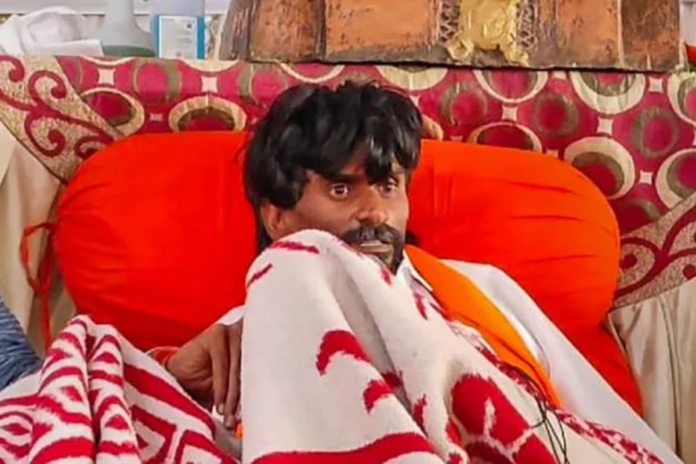Manoj Jarange, a Maratha reservation activist Patil, who began his hunger strike on January 19, claimed that because the Maharashtra government granted his request, the demonstration is now done. “This concludes our demonstration. Our request has been granted. Tomorrow (Saturday), I shall sip juice at the Chief Minister’s hands,” Patil said.
at the meantime, Eknath Shinde and Patil, the chief minister of Maharashtra, decorated the statue of Chhatrapati Shivaji Maharaj at Navi Mumbai on Saturday. Following the state government’s acceptance of all requests, Patil broke his fast in front of Maharashtra Chief Minister Eknath Shinde.
Manoj Jarange Patil, a Maratha reservation campaigner, made what demands?
Manoj Jarange Patil insisted that the Maratha reservation be put into effect right now.
Three-thirds of Maharashtra’s population are Marathas. They belong to a variety of castes and are employed in a variety of occupations, including landowners, peasants, and warriors.
Deshmukh, Bhonsle, More, Shirke, and Jadhav are the surnames of Maratha Kshatriyas, whereas Kunbi are mostly an agricultural sub-caste.
The Maratha people of Agari are faced with agricultural hardship because to their low land yields and frequent droughts. These are the individuals who have applied for reservations. For this reason, the Maratha caste movement finds its core in the Marathwada area.
If they were to acquire a reservation, they would receive a Kunbi certificate.
In 1982, there was the first demonstration in support of Marathas’ reservations. Annasaheb Patil, the leader of the workers union, spearheaded the demonstration. Following the 1990 Mandal Commission report, the desire for economic reservations began to give way to caste-based quotas.
The Maratha-Kunbis and Kunbi-Marathas were included to the list of other backward classes (OBCs) by the Maharashtra government in 2004, although those who identified as Marathas were excluded. Kunbi was classified as an OBC.
A law signed by Chief Minister Devendra Fadnavis in 2018 gave Marathas a 16% quota in employment and education.
The Bombay High Court, however, heard a challenge to the Maratha reservation and maintained its legality. The court lowered the quota to 12% for education and 13% for employment.
The Supreme Court then heard a challenge to the Maratha reservation. The Maharashtra government’s 2018 bill was overturned by the supreme court for exceeding the state’s 50% reservation cap.
A Maharashtra minister said on Friday that a resolution had been achieved in the Manoj Jarange Patil-led Maratha reservation campaign. All of the issues have been resolved by the ordinance that was approved.
Patil said that there was no need to carry on with the demonstrations because the solution had been obtained.
Patil insisted that until the community as a whole benefits from reservations, the government modify its free education programme to accommodate all Marathas.
He suggested that all Marathas should receive free education “from KG to PG” (kindergarten to post-graduation), till the whole community receives reservation, and that the free education policy should be changed to include males in addition to girls.
He has requested information on the 37 lakh Kunbi certificates that the state government has given.
He also said that some seats in the current government hiring process ought to be set aside for Marathas.



